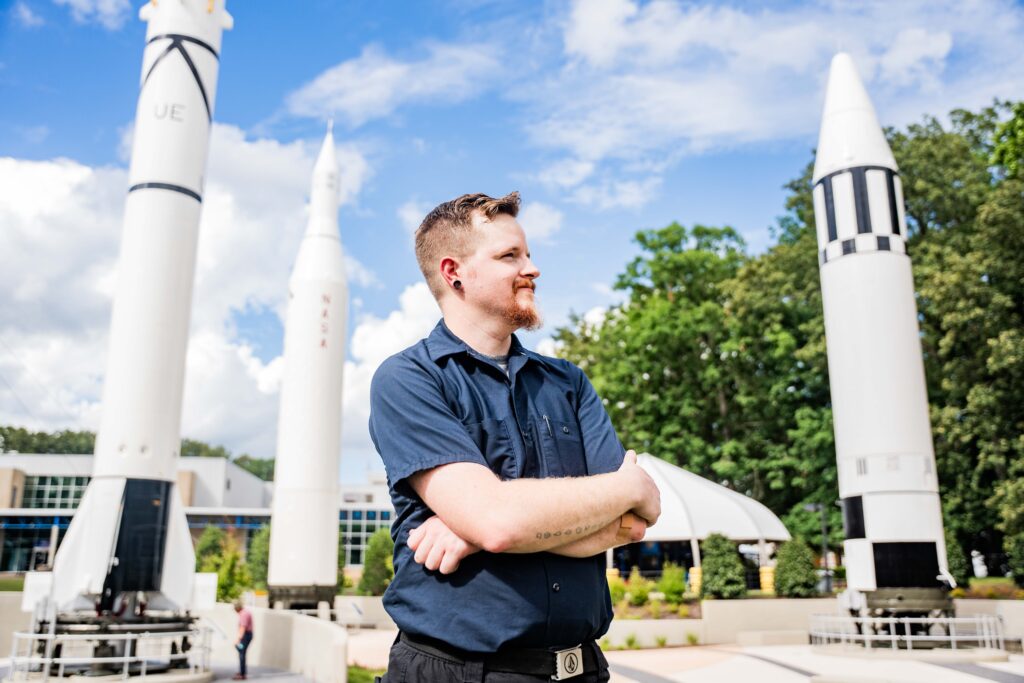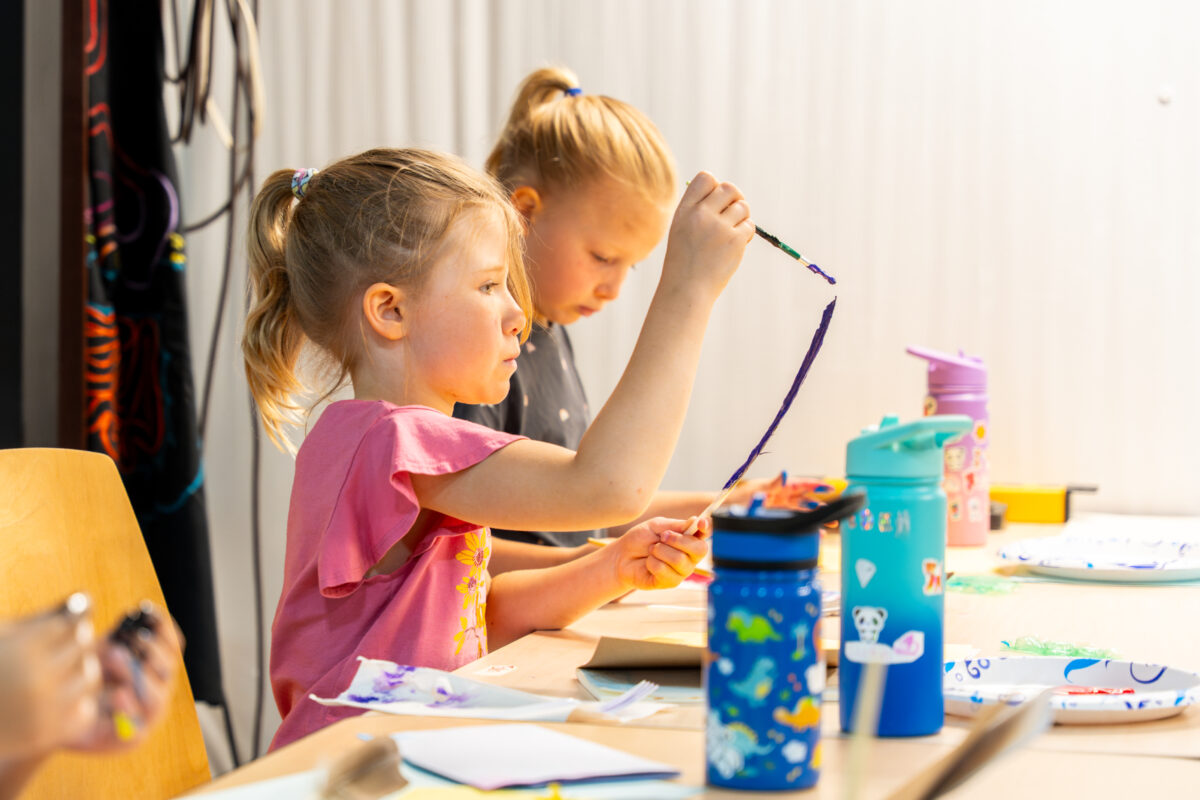UAB professors Dr. Sarah Parcak and Dr. Gregory Mumford win 2017 Antiquity Prize
Reading time: 3 minutes

The University of Alabama at Birmingham is making headlines again. I mean, healthcare, football, and Sam Hunt?! But wait, this time the news came from two archaeology professors- Dr. Sarah Parcak and Dr. Gregory Mumford. Bham Now got the official “dig” on the story.
The 2017 Antiquity Prize
Professor Sarah Parcak, Ph.D., and associate professor Gregory Mumford, Ph.D., won a prestigious award for their decade-long study of looting at ancient sites in Egypt.
The 2017 Antiquity Prize by Antiquity, a peer-reviewed journal of world archaeology, published by Cambridge University Press, is awarded to the best article published the previous year.
Parcak and Mumford received the award for their journal article “Satellite evidence of archaeological site looting in Egypt: 2002–2013,” which was published in the February 2016 issue of Antiquity.
The decade-long study

Between 2002 and 2013, Parcak and Mumford studied 1,100 archaeological sites in Egypt’s Nile Valley and Delta. The study also involved contribution from David Gathings, Chase Childs, and Eric Cline.
The team utilized Google Earth to study the site through satellite images.
The group found that looting escalated dramatically in 2009 with the onset of the global economic crisis. Indeed, looting intensified with the Arab Spring in 2011.
Furthermore, the team noticed an increased volume of Egyptian artifacts sold at auctions around the world, which suggested that looting is driven by external demand as well as internal economic pressures.
Of the 1,100 archaeological sites monitored, the team found evidence of looting at 267 sites. Plus, they counted roughly 200,000 looting pits.
Dr. Sarah Parcak

“In a worst-case scenario, if the looting identified in this study continues at its current rate, data extrapolation indicates that all of Egypt’s 1,100 known archaeological sites and associated landscapes could be affected to varying extents by looting and/or encroachment by the year 2040,” Parcak wrote.
Truly, the study was made possible by Dr. Sarah Parcak. In January, Parcak used her $1 million TED Prize to launch GlobalXplorer. The online crowd sourcing platform allows anyone with an internet connection to analyze satellite imagery in order to discover and protect ancient sites.
Since publication, Parcak’s team continues to work with the Egyptian Ministry of Antiquities to combat looting at archaeological sites. They are developing training tools for inspectors, as well as a joint field school in Lisht that will help train young Egyptians to preserve and protect sites.



